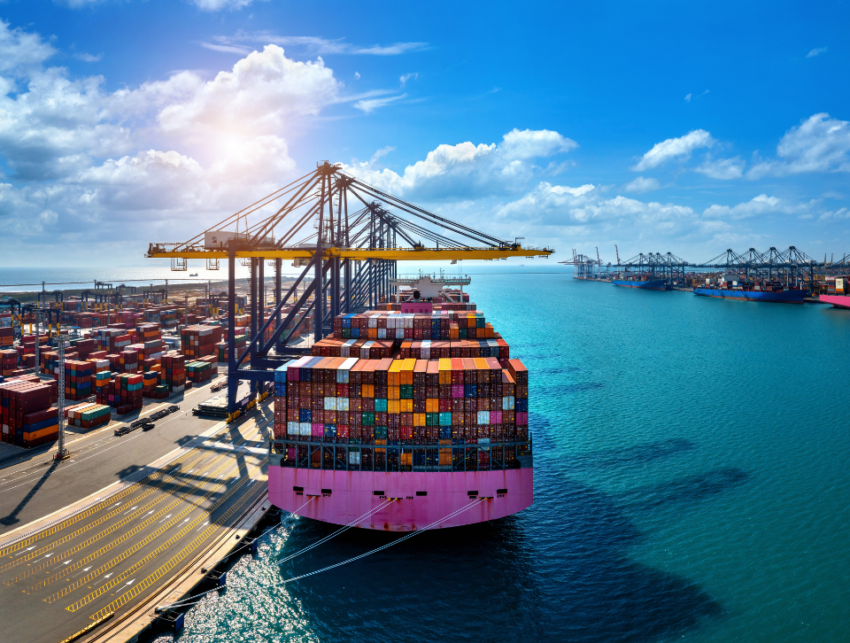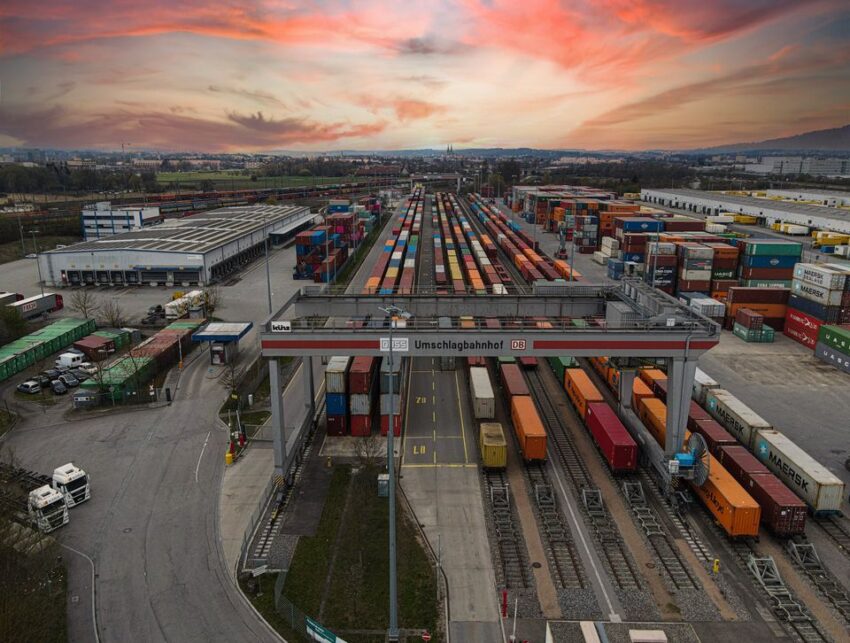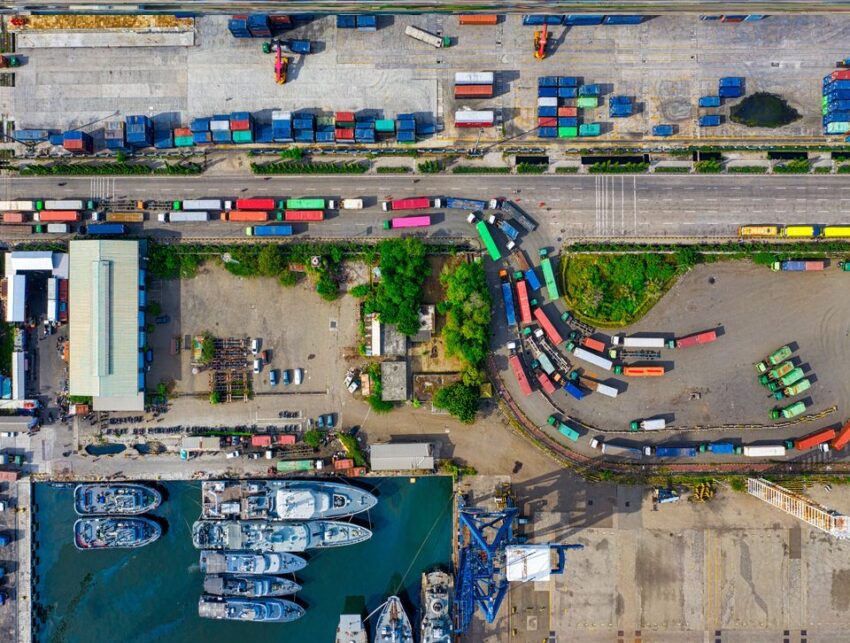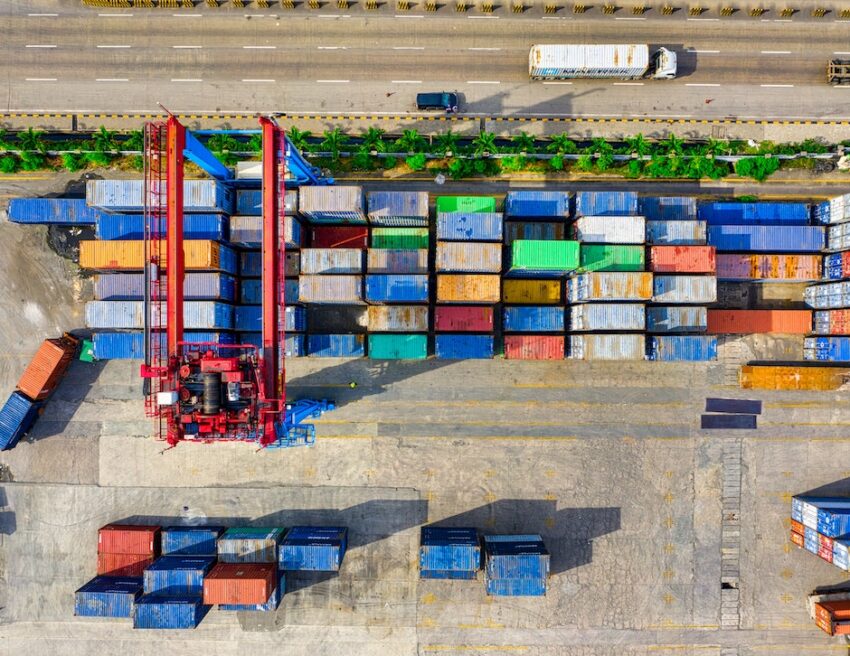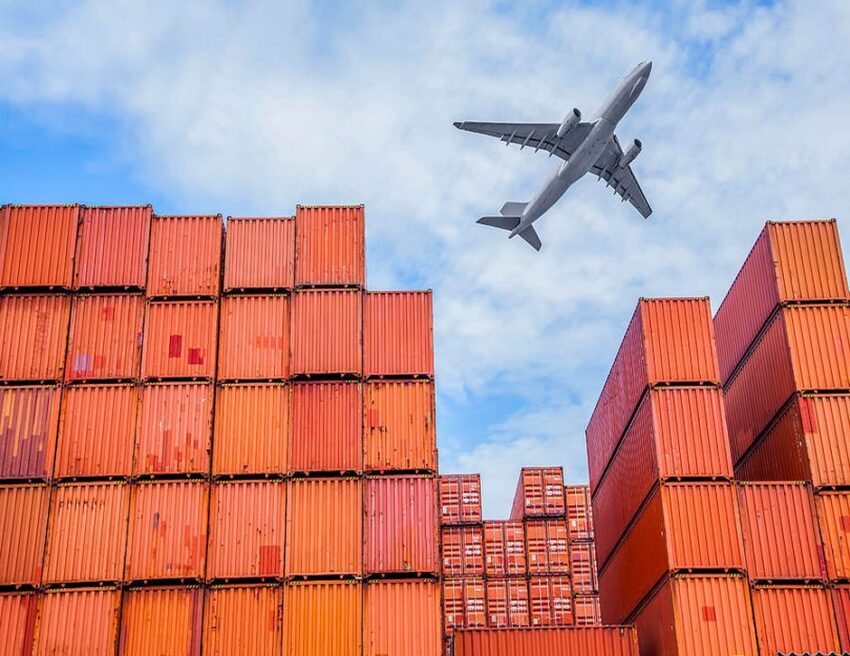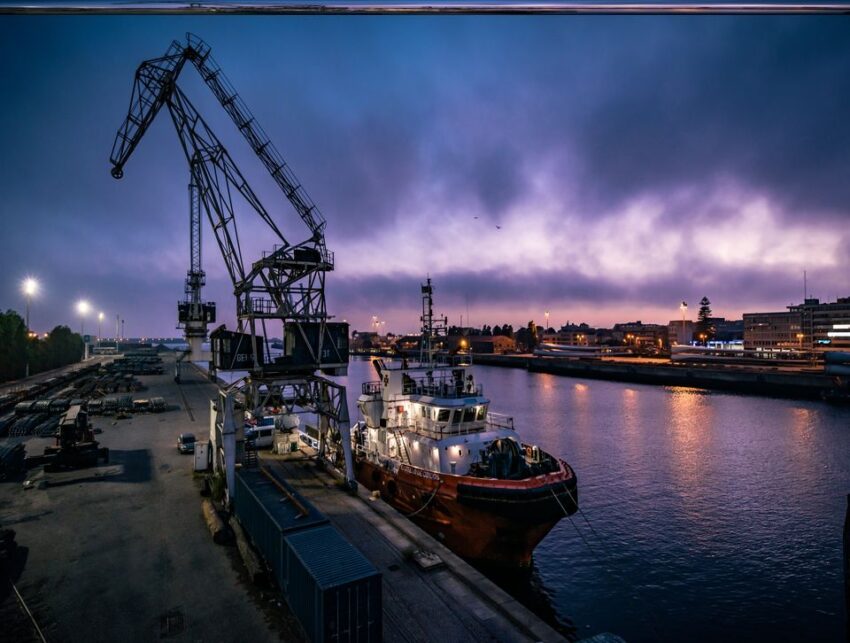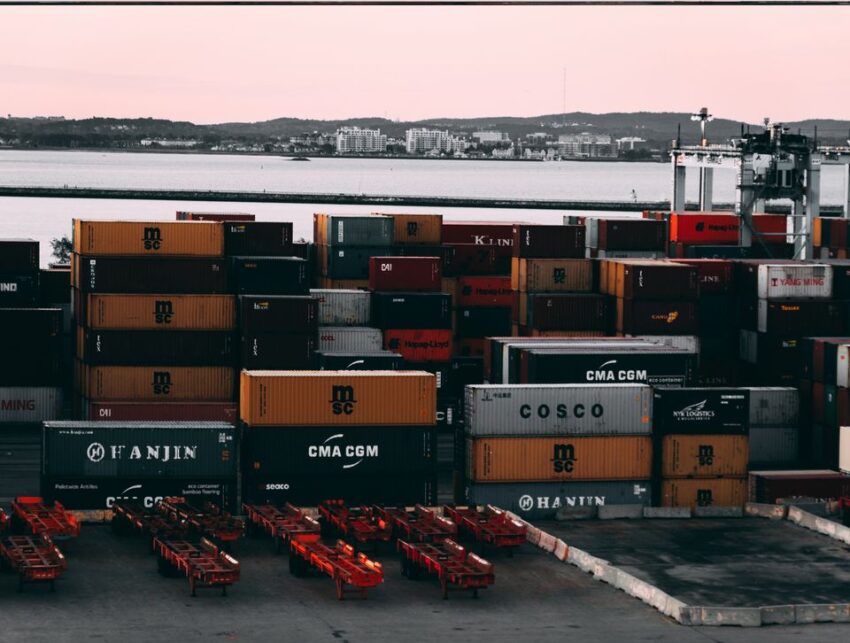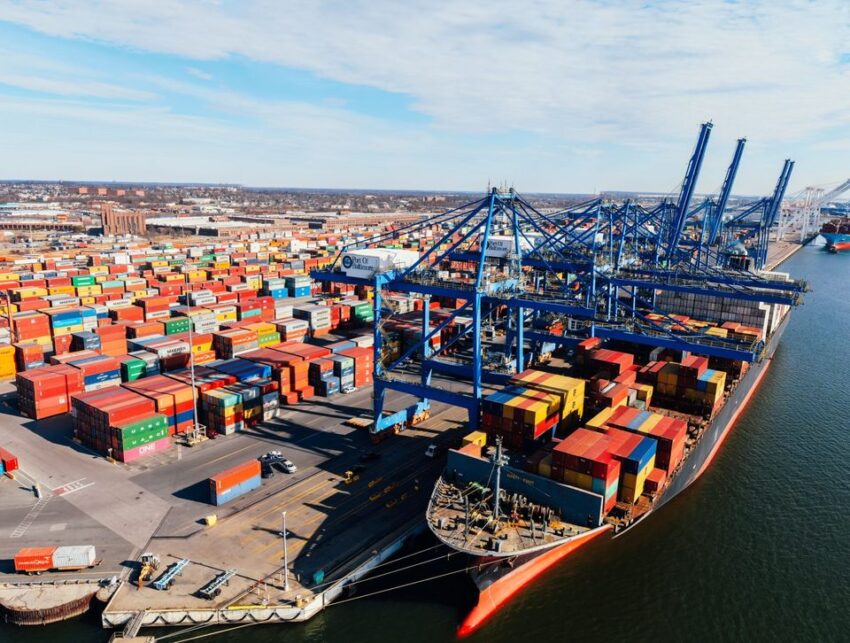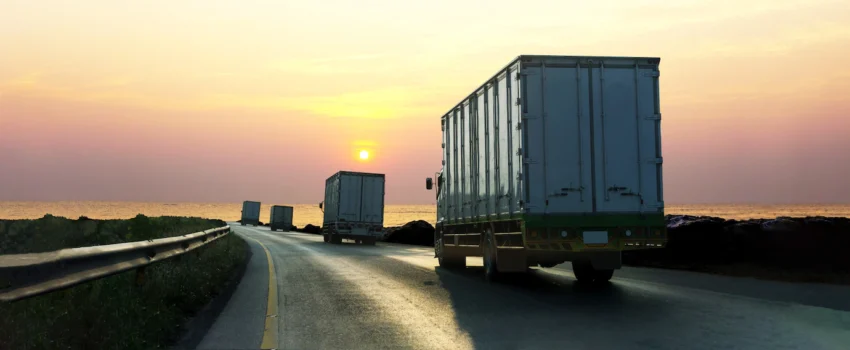Back in June 2022, Chinese shipbuilding firm Hudong Zhonghua Shipbuilding handed over the biggest container ship in the world- the Ever Alot to Evergreen. The Ever Alot with its capacity of 24,000 TEU is the largest container ship to ply the oceans to date. But will the trend of ultra large container ships continue in…
Globalia Blog
Category: Logistics articles
6 tips for independent freight forwarders to prepare for the upcoming peak season
The holiday system is almost upon us and independent freight forwarders are already feeling the pressure of volume spikes and tight deadlines. The last three months of the year are a very busy one for the freight forwarding industry when they need to cope with increased consumer demand. Logistics companies need to start preparing themselves…
The latest trends in cold chain logistics
The rapidly expanding industry of food and pharmaceuticals has led to a very high demand for cold chain logistics service providers. There is an ever-increasing number of trends that are making way for greater capacity for refrigeration in the supply chain and the logistics industry is trying its best to keep pace and evolve to…
Digital transformation of the road freight industry
Traditional freight forwarding companies that are into the trucking business are not known for using innovative technology. Nevertheless, the challenges brought about by the pandemic along with the stiff competition from the multinationals have prompted traditional trucking companies to update their operations by embracing technologies that are key to the digital transformation of the supply…
Explaining the drop in demand in the air freight industry
Presently, the air freight industry is dealing with multiple hitches such as grounded planes, trimmed routes, and a decline in demand. In fact, some of the multinational air freight companies are signaling a slackened demand as compared to the times of the pandemic. With less than two months to go until the start of the…
How freight forwarders can make the most of the booming logistics industry in Thailand
In the last decade, the supply chain industry in Thailand has considerably advanced thanks to the advent of digitization and the application of new developmental strategies by the government. The developing infrastructure along with the strategic location are two important factors that are transforming Thailand into a major transportation and logistics hub. Additionally, the creation…
How Globalia Logistics Network helps members to increase their businesses
With reliable freight forwarding agents in more than 194 cities across 130 countries, Globalia Logistics Network is one of the leading freight forwarding networks of our time. As a logistics network of reliable forwarders, it has better resources in terms of size and greater outreach than some of the largest multinationals. Globalia is the first…
The 20-foot equivalent units and its future in the container shipping industry
In 2021 we have seen a drop in the use of TEUs or 20-foot equivalent units. The Chinese manufacturers have been strongly favoring the use of FEUs or 40-foot shipping containers which in turn has threatened the future of the 20-foot containers. Although they have traditionally been a standard in the industry, the TEUs are…
The importance of freight visibility in the transportation and logistics industry
Visibility in the transportation and logistics industry translates to the availability of data regarding the freight for every stakeholder in the shipping process. Freight visibility is currently a top-priority investment area for the freight forwarding industry. It has become all the more critical for this sector since the pandemic as customers are now used to…
How route planning software can help the road freight industry
Route planning is crucial for the road freight industry as it ensures timely and cost-effective deliveries. Nevertheless, efficient planning of routes isn’t an easy task and there are many logistics companies that fail to fulfill orders on time despite doing everything timely in their warehouse. Small and mid-sized logistics companies in particular need to make…


